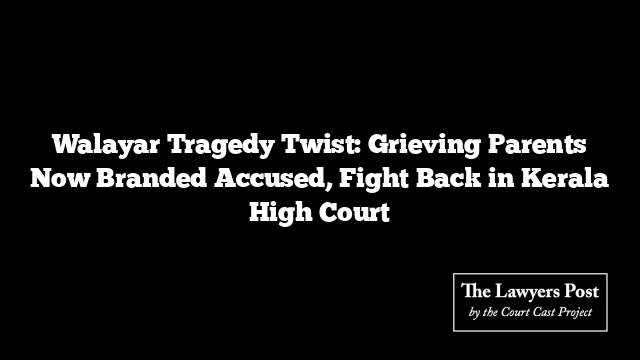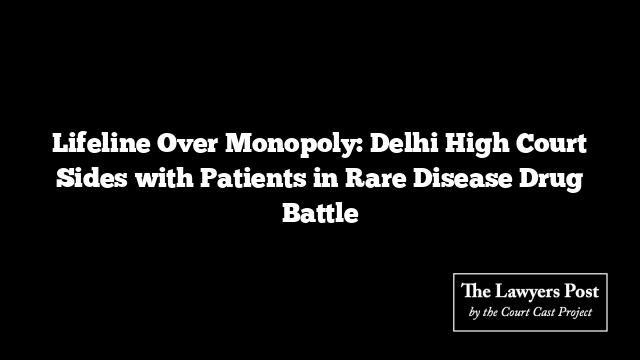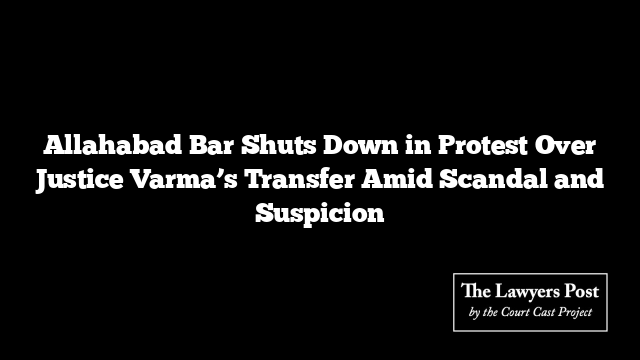In a haunting turn of fate, the parents of the two Dalit girls whose deaths shook Kerala in 2017 are no longer just grieving—they’re now fighting for their own names. The very system that once promised them justice has circled back to name them as accused.
On Monday, the Kerala High Court asked the Central Bureau of Investigation (CBI) to respond to a plea from the girls’ parents, who are challenging the chargesheet that implicates them in their daughters’ deaths. In their petition, they allege that the CBI carried out a skewed investigation, one tailored to protect the true culprits.
The two sisters, aged 9 and 13, were found hanging in their home in Walayar months apart, in circumstances that raised immediate and troubling questions. Autopsies confirmed sexual assault. The younger child’s death, especially, bore signs pointing toward homicide, not suicide.
The initial trial in 2019 ended in acquittals due to what the court deemed insufficient evidence. Public outrage followed. The High Court later ordered a retrial and handed the case to the CBI. But in a move that shocked many, the agency’s January 2025 chargesheet did not unveil new perpetrators—it turned the lens onto the parents.
According to the CBI, the parents not only failed to protect their daughters but allegedly abetted the abuse, destroyed key evidence like schoolbags and clothing, and misled the investigation. The charges invoke serious provisions under the POCSO Act, the Juvenile Justice Act, and the Indian Penal Code—essentially accusing the parents of enabling and covering up their children’s assault and deaths.
The parents reject the accusations as baseless. In their plea, they accuse the CBI of conducting a “planned investigation” riddled with external influences. They argue that forensic findings pointing to homicide were ignored, and critical evidence, like a suspected death note, was never sent for forensic examination despite the Court’s prior go-ahead.
Their petition paints a grim picture of systemic failure and victim-blaming. Coming from a marginalized Scheduled Caste background, the parents emphasized how their socio-economic status was used to misread their grief, silence, and delayed responses.
They also pointed to an earlier High Court judgment that acknowledged how their backward status may have influenced their conduct—not out of guilt, but vulnerability.
Now, these parents demand not just the quashing of the CBI’s chargesheet in Ernakulam, but a fresh, unbiased investigation into what they insist was not suicide—but murder.





